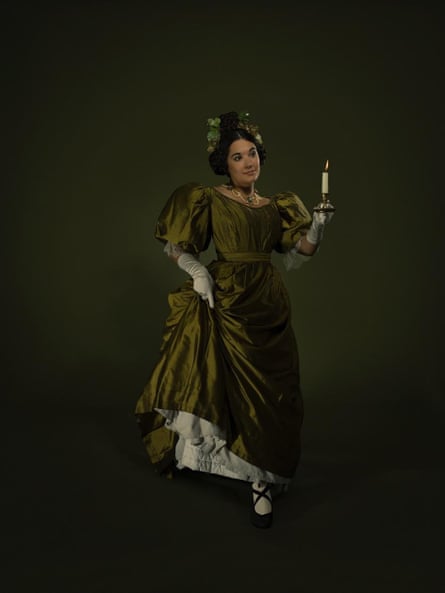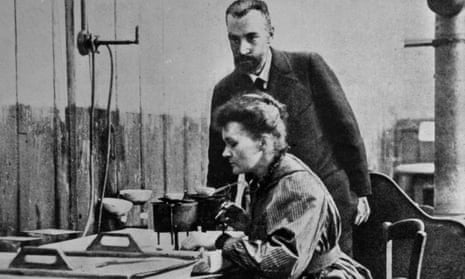The politics of the moment seem fuelled by a bonfire of the enlightenment principles that many of us never even realised were vanities. As waves of people take to the streets to march in defence of women’s rights to control their own bodies, and keep the heavy hand of government from holding back the science vital to our survival as a species, there is a palpable feeling amongst many of us that, if we don’t want to end up in a cut-rate dystopia, we had better do something. On International Women’s Day, we need to ask ourselves what that is. Do we take part in a global call to strike, or do we mass and march?
The recent globally coordinated marches have been criticised as the ‘wrong kind’ of activism; a waste of time or strike action is only viable for the privileged. Even the upcoming March for Science in support of the beleaguered principles of independent, blue-sky research seems to have gotten into a state trying to work out what exactly it should be. An early call to action explicitly stated the march would be a ‘non political’ protest, prompting considerable soul-searching among scientists and a swift rejection of claims science can in ever be apolitical—it is, after all, made up of people.
This is where history steps in to remind us that even the ability to participate in science has always been political. TrowelBlazers is an organization that tracks the struggle women have experienced following their passion for science, and while early female pioneers faced different prejudices from those experienced by other marginalised groups (whether based on ethnic, sexual orientation, gender or ability), the ground-breaking - literally- work of female scientists shows us not just how to fight back, but that the fight is worth it.
The story of women in archaeology and the earth sciences is often one of unsung contributions; women painstakingly illustrating geological formations for their spouses’ fancy scientific tomes, their only credit the occasional guest appearance in the acknowledgements. The names of those famous husbands, like Flinders Petrie the Egyptologist and general media darling become cultural institutions, but never think of his wife Hilda Petrie, who not only found the money to pay for all those pith helmets, but independently dug her own sites.
Still less do we think of the dedicated women who lacked the finances or connections to make a splash in the drawing rooms of scientific societies, like Egyptologist Margaret Murray. She may have enthralled hundreds with her live, ticketed ‘mummy unwrappings’ but her students still had to club together to buy her academic robes.

At first glance, this modern portrait of Charlotte Murchison, the geologist’s wife, appears to be far from subversive; her decorative appearance - elaborate gown and feminine shoes- are more ‘privileged lady’ than ‘pioneering feminist’. And yet, under the frippery, there is a real, modern day scientific star. Part of the Raising Horizons exhibition, Charlotte is posed by Dr Natasha Stephen, in just one of a series of stunning reimaginings of historic ‘trowelblazers’, created by photographer Leonora Saunders.
Stephen is a planetary geologist whose work is as far from the kitchen as it is possible to get: a Fellow of the Royal Astronomical Society and the Geological Society of London, she studies extraterrestrial volcanism. There is no better embodiment of how far women have come in the fight for equality than the contrast between her career and that of Murchison, who had to persuade her husband to take up geology in order to pursue her own passion for it. Murchison, together with prominent intellectual Mary Somerville, protested the celebrity geologist Charles Lyell’s vehement sexism in 1832 by very simply turning up to his lectures at King’s College. In terms of direct action it seems tame by today’s standards, but it got results. Lyell caved, Murchison got her geology, and paved the way for other women- including, more than 180 years later, Natasha Stephen.
These are the lessons that we see in the history of women’s historic fight to be treated as equals, and as scientists. First and foremost, women must be present. They cannot be left off author lists, edited out of photos or missing from panels. The reaction to our work at TrowelBlazers shows that representation of women makes a difference to aspirations and confidence: see it, be it. Women like Petrie, Murray and Murchison made a difference because they showed up, were seen, and helped others like them do the same. Murray even participated in the famous “Mud March” that marked a turning point in the campaign for women’s suffrage in the UK.
So, even though it may increasingly feel like the end of the road for those enlightenment values that people around the world will march for on 22 April, as long as we show up, we have hope. A quote normally attributed to the anthropologist Margaret Mead puts it best: “Never doubt that a small group of thoughtful, committed citizens can change the world. Indeed, it is the only thing that ever has.”
The Raising Horizons exhibition UK tour opens 9 March 2017 at the University Women’s Club. Free entry by appointment. Call +44 (0) 207 499 2268 or email uwc@uwc-london.com .








